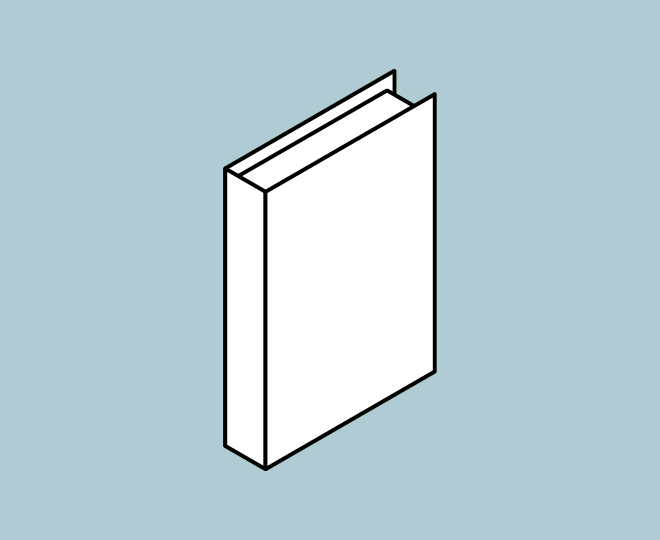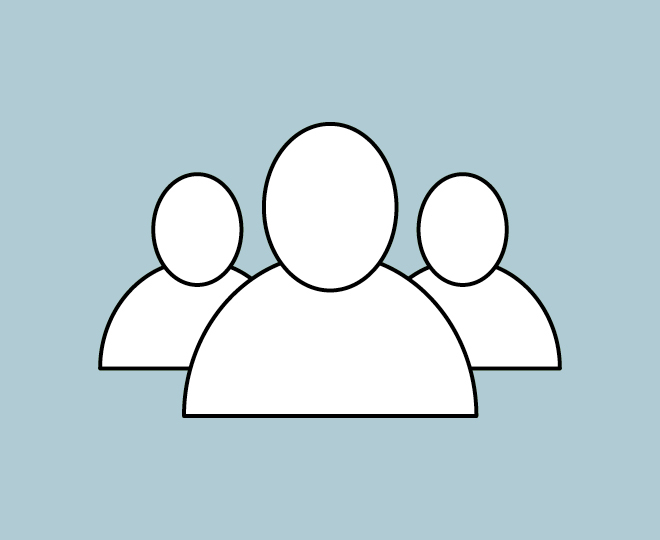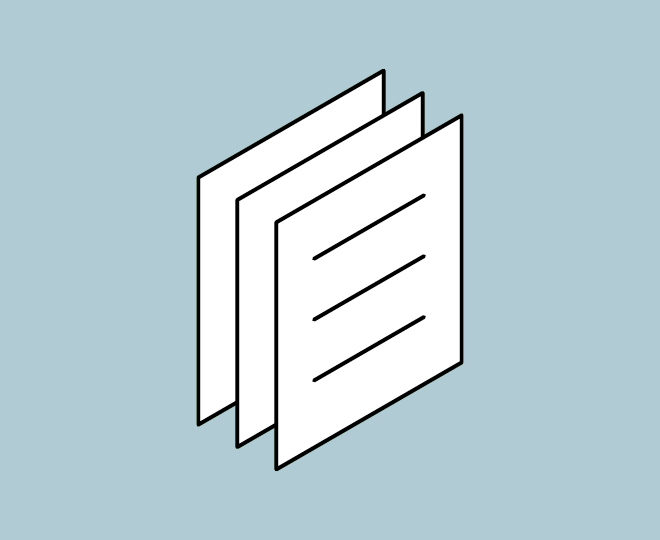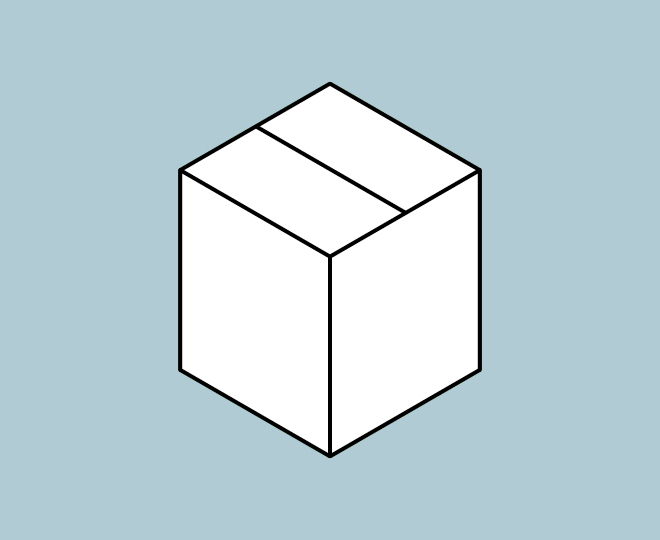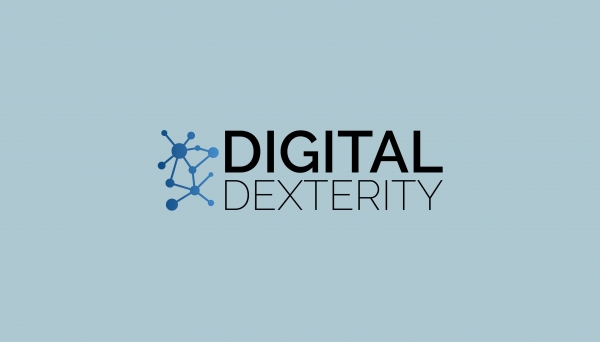Championing the CAUL Digital Dexterity Framework
Virtual festival Program
1, 2, 3, 11 & 12 February 2021
Access video recordings, slides and further resources from the event here
1st February 2021, Day 1 - Community and Engagement
12.30 AEDT Welcome, Acknowledgement of Country & house keeping
Nica Tsakmakis, Senior Librarian, Library Academic and Research Services
Australian Catholic University
12.40 AEDT Setting the scene - the Digital Dexterity Framework, Champions group and Community of Practice
- Fiona Salisbury, Executive Director and University Librarian, La Trobe University
Lightning talks - Digital Dexterity Champions working groups
13.10 AEDT Lightning talk 1- Share and share alike: Resource sharing across tertiary libraries (part 1)
- Dr Karen Miller, Coordinator, Learning Success, Curtin University
13.15 AEDT Lightning talk 2 - Share and share alike: Resource sharing across tertiary libraries (part 2)
- Kat Cain, Manager, Digital Literacy Programs
13.20 AEDT Lightning talk 3 - Share and share alike: Resource sharing across tertiary libraries (part 3)
- Kelly George, Academic & Research Librarian, Charles Darwin University
13.25 AEDT Lightning talk 4 - The DigiDex Governance Working group
- Emily Pyers, Library Website and Systems Officer, Federation University
13.30 AEDT Lightning talk 5 - What about a blog?
Sponsored by CAUL and supported by the team at CAVAL, the Digital Dexterity Community of Practice (DigiDex CoP) has an exciting new blog on Digital Dexterity. This short presentation will provide an overview on why there is a need for a blog in the community, what it will cover, and how you can get involved.
- Anna Shah Hosseani, Information Services Librarian at University of Technology Sydney
13.45 AEDT Learning new software through new software: Championing the power and paradox of online learning in a remote work environment
As Victoria University (VU) Library navigated the ‘work from home’ sphere, it became clear that their (previously face-to-face) frontline library service model would need to change. To step boldly into this new space, the team were challenged to grow their existing ICT skills to match this new digital frontier. This meant an induction into the new software they would be required to use at home - both to support the academic community in their teaching, learning and research; and as part of ‘enacting’ their library roles.
DigiChat stepped into this space, providing scaffolded sessions to deliver consistent training to library staff involved in patron facing services. Through interactive activities, guided learning and peer feedback these sessions provided a way for their frontline library staff to gain new skills (or refresh current ones!), share knowledge and troubleshoot any questions or suggestions that they might have with the new software.
- Emeka Anele, Library Officer, Victoria University
- Rebecca Muir, Manager, Libraries West, Victoria University
14.05 AEDT Q&A
14.30 – 14.45 AEDT Wrap up
- Ruth Cameron, Coordinator, Digital Library Programs, University of Newcastle
2nd February 2021, Day 2 - Wellbeing in educational contexts
12.00 AEDT Welcome, Acknowledgement of Country & house keeping
12.05 AEDT Workshop
Wellbeing, Disrupted: Open education to support a flexible understanding of inclusive wellbeing
Keeping wellbeing in homeostasis where people feel well and balanced is complex, especially in the COVID-19 landscape where our places of work and learning have for many, involved somewhat forced reconceptualization. Demarcation between work and home has become increasingly blurred in many sectors, and trying to negotiate the converging worlds of work, study, and home lives becomes a constant challenge. Rather than ‘working from home’, we are instead ‘taking home to work’ and this creates implications for perceptions of personal and professional wellbeing. It is into this rabbit hole that we seek to explore with you maintaining wellbeing while focusing on publishing an open text book and then using this publication to lessen barriers to learning.
This workshop, facilitated by the authors of the open textbook ‘Wellbeing in Educational Contexts’, aims to support you to create a contextualised wellbeing model that has professional and personal applications. During the ninety minutes, explore the construct of wellbeing and attributes associated with health and wellbeing. You will be actively engaged in a range of online activities, including co-constructing content and examining how to apply the themes of wellbeing to the library digital context and to ‘the self’. The open educational principles of inclusive access, participant voice, and shared resources employed in the workshop will also be professionally relevant to librarians, especially those in the academic sector. An introduction to open education and open textbooks, based on the facilitators continued engagement with publishing will also be provided.
- Adrian Stagg, Manager (Open Educational Practice), University of Southern Queensland
- Dr Susan Carter, Lecturer (Education), University of Southern Queensland
- Cecily Andersen, University of Southern Queensland
13.30 AEDT Break
14.00 AEDT Building an online learning community: reframing open educational practice grants as supported professional learning
Undertaking a research, or learning and teaching grant can be a daunting experience that requires a range of skills that are often outside of a staff members' usual skills set. Even in a team environment, the activities can be isolating, with a lot of effort invested in simultaneously learning administrative, project management, and bureaucratic navigation skills, whilst progressing toward the outcomes of the grant. The Open Educational Practice Grants at the University of Southern Queensland are entering their seventh annual offering, and have been reframed as supported educational transformation. Participants join an online learning community, engage in structured domain knowledge building, and actively support one another through an eighteen-month process. This was especially important in 2020, when health restrictions impacted grant activity progress massively, yet participants remained engaged with the community. This session will explore the theoretical underpinnings of this approach, examples of facilitating grants as professional learning, and share many of the outputs - and impacts - arising from the scheme. Participants will find the approach highly transferable across contexts, and may realise applications beyond institutional grants programs.
- Adrian Stagg, Manager (Open Educational Practice), University of Southern Queensland
14.58 AEDT Wrap up
3rd February 2021, Day 3 - Digital Identity and Data Literacy
12.30 AEDT Welcome, Acknowledgement of Country & house keeping
12.35 AEDT Workshop
Your reputation: a lifetime to build, an instant to destroy
Despite the majority of Australians being concerned about their privacy online, only a small percentage work actively to protect their privacy and safeguard their reputation. Regardless of your vocation, professionalism in the workplace is essential. Whether we like it or not, we are representing our company in both the physical and digital environment, including via our personal social media accounts and online behaviour. In this session you will discover exactly how far your own digital footprint stretches and learn how to analyse, tidy up and manage your digital footprint in a way that you feel comfortable with and in charge of. By helping everyone understand the risks inherent in living as a digital human, librarians can help others assess how to engage personally and professionally online, while keeping privacy at the forefront.
- Terra Starbird, Digital Literacy Trainer, Australian National University
13.20 AEDT Break
13.30 AEDT Lightning talk 1. Data storytelling
People hear statistics, but they feel stories. This is why data storytelling matters. It's the art of extracting a meaningful narrative and visualisations from otherwise boring data that then influence people’s decision or action. In this session, we will touch on the data storytelling concepts that we teach to the Griffith University research community. We will include some amazing resources that can be used by researchers to help then navigate through the maze of visualisations available. Finally, we will introduce the techniques that we teach to help researchers brainstorm the narrative that creates memorable science.
- Masami Yamaguchi, Librarian, Griffith University
- Brett Parker, Senior Programmer and Software Support Officer, Griffith University
- Amanda Miotto, Senior eResearch Analyst, Griffith University
13.40 AEDT Lightning talk 2. Work Integrated Learning Project to Explore a Visual Representation of Searching Activities of the RMIT Community
In early 2019 RMIT Library established a Work Integrated Learning (WIL) project for final year Computer Science students to explore a visual representation of searching activities of the RMIT community. They evolved the NSW “Unstacked” technology/code to create LibraryLive (Nebula) which provides a real-time glimpse into the use of the RMIT Library resources in the form of a tiled visualization accessible via the web.
This presentation will demonstrate LibraryLive and step through the process of establishing and running this project, while also addressing the complexities of sustaining the tool post “student project”. In so doing Charles hopes to uncover digital capabilities gaps you may need to fill to enable this sort of tool in your Library and demonstrate that by engaging your community you may find the capabilities you need are right there and ready to be tapped.
- Charles Barnett, Library Business Partner, Design and Social Context, RMIT University Library
- Doan Phuc Tam, RMIT University
- Sam Morrison, RMIT University
- AviH, RMIT University
- Jeff Phan, RMIT University
13.50 AEDT Lightning talk 3. Tableau: Data Viz Made Quick & Easy
Tableau is a data visualization product designed for lay-people and experts alike. According to their homepage, “Tableau helps people see and understand data” which is a perfect explanation of the product in a single short sentence. Clayton’s presentation will show how you can use Tableau to achieve this simple goal using data exported from La Trobe University’s Bendigo Campus Library’s gate counter. It will take the form of a live demonstration showing how to import this data into Tableau Public (free version of Tableau) where a variety of charts will be created. It’s hoped that the demo will encourage viewers to try Tableau for themselves in order to get a better understanding of their own data.
- Clayton Bolitho, Research Outputs Data Advisor, La Trobe University
14.00 AEDT Lightning talk 4. The Accidental Coder – One Librarian’s Adventure with Python
The development of digital outputs and APIs within the library/information sector enables bespoke data analysis activities previously accessible only through commercial vendors, but in order to fully exploit this potential some skill in coding is needed. After identifying a personal need for coding skills Bruce White was able to learn Python through a literal accident and went on to apply it to a number of purposes within his own organisation. When Bruce became involved in the Council of New Zealand University Librarians Open Access Environmental Scan in early 2019, an extensive program was written to pull in data from a number of predominantly open sources that gave the universities rich insights into their performance in this area and into the potential benefits to be gained from an informed green OA strategy. It is argued that the presence of coding skills within the project team enabled the rapid and dexterous development of a complex tool that could not have been achieved through outsourcing the technical component.
- Bruce White, Open Access and Copyright Advisor, Massey University
14.15 AEDT Break
14.25 AEDT Ko wai au (Who am I)? Digital identity and wayfinding
Being intentional and mindful when creating a digital identity is ideal. The reality has been much messier, experiential and risky. Spend 30 minutes with Kim Tairi, Kaitoha Puka (The University Librarian) at Auckland University of Technology as she takes you on a whirlwind tour of her professional digital life. She will talk about how social networking has led to amazing professional and personal opportunities but also tears. A frank and honest kōrero (talk) about why social networking is important for librarians and pitfalls to be aware of along the way. Hot tip: you are being watched!
- Kim Tairi, Kaitoha Puka (University Librarian), Auckland University of Technology
14.55 AEDT Wrap up
11th February 2021, Day 4 - Collaboration, Communication and Participation
12.00 - 15.00 AEDT
Welcome, Acknowledgement of Country & house keeping
Designing for inclusion: Insights from Australian National OER textbooks research
This presentation will look at the Australian scoping study of OER, or “open textbooks”, funded by the National Centre for Student Equity in Higher Education (NCSEHE). The project aims to investigate to what extent open textbooks have the potential to act as social justice in the Australian Higher Education context as they have in North America and Canada.
Findings suggest that Australian academics are using OERs and OER texts to take the pressure off students to purchase textbooks and to deal with restrictive digital licencing, as well as to enhance local relevance and to bring their curriculum up to date. As part of the idea of “currency”, academics are beginning to engage with the potential of open texts to help remediate the ‘white-washing’ of the curriculum in some disciplines. Insights will be shared from the interviews of academics from a variety of discipline areas who are using open textbooks to improve cultural and gender balance in their curriculum and reading lists. This includes the writing of inclusive, current open texts and curation of open learning materials. OER texts can therefore be part of Inclusive education/design initiatives at Australian Universities. The research also suggests that in Australia, authoring and editing OERs to diversify learning materials is well aligned to many institutional Equity and Diversity policies, Inclusive Education principles, as well as current strategies to Indigenise the curriculum. Library staff have a key role in supporting these projects including providing support for a range of digital tools and platforms to allow academics to find, adopt, adapt and author their own OERs.
- Dr Sarah Lambert, Honorary Research Fellow, Centre for Research in Assessment and Digital Learning (CRADLE)
Design thinking workshop: Open educational resources in higher education
This workshop will provide participants with a practical introduction to using design thinking methodologies. You will work with personas representative of people in higher education environments, and use design thinking techniques to creatively address the topic of open educational resources. We encourage participants to review the workshop materials prior to the session to get familiar with the personas and get an introduction to the kind of methods we will be using. The workshop will be entirely in Zoom, and will utilise breakout rooms to enable small groupwork and creative prototyping. No prior design thinking experience necessary, just an open mind and a keen interest in human centred design!
- Kristy Newton, Digital Literacies Coordinator, University of Wollongong
12th February 2021, Day 5 - Digital health and Wellbeing
12.30 AEDT Welcome, Acknowledgement of Country & house keeping
12.40 AEDT How games can facilitate team building and group development
Developing a sense of collaboration and shared purpose can be challenging at the best of times but perhaps never more so than in 2020. Keeping teams connected and engaged via communication platforms such as Zoom requires both creativity and a sense of adventure. This session will look at the potential for games or play based activities to facilitate team building and group development, including opportunity to experience how this can work in practice.
- Jane Miller, Director, Digital Libraries and Repositories, Deakin University
13.00 AEDT Q&A with Jane
13.10 AEDT Breakout rooms
Explore and discover for yourself how games can build a team and develop a group. We will start off with an icebreaker game for you to get to know the other participants in your breakout room, before you will tackle a virtual jigsaw puzzle together.
13.55 AEDT Break
14.05 AEDT Trivia with Jane Miller
Jane will host a virtual DigiDex trivia for us!
- Jane Miller, Director, Digital Libraries and Repositories, Deakin University
14.35 AEDT Social game
Bring a cuppa, or another drink of your choice, for some social gaming to connect to your peers and have some fun!
14.55 – 15.00 AEDT Wrap up

